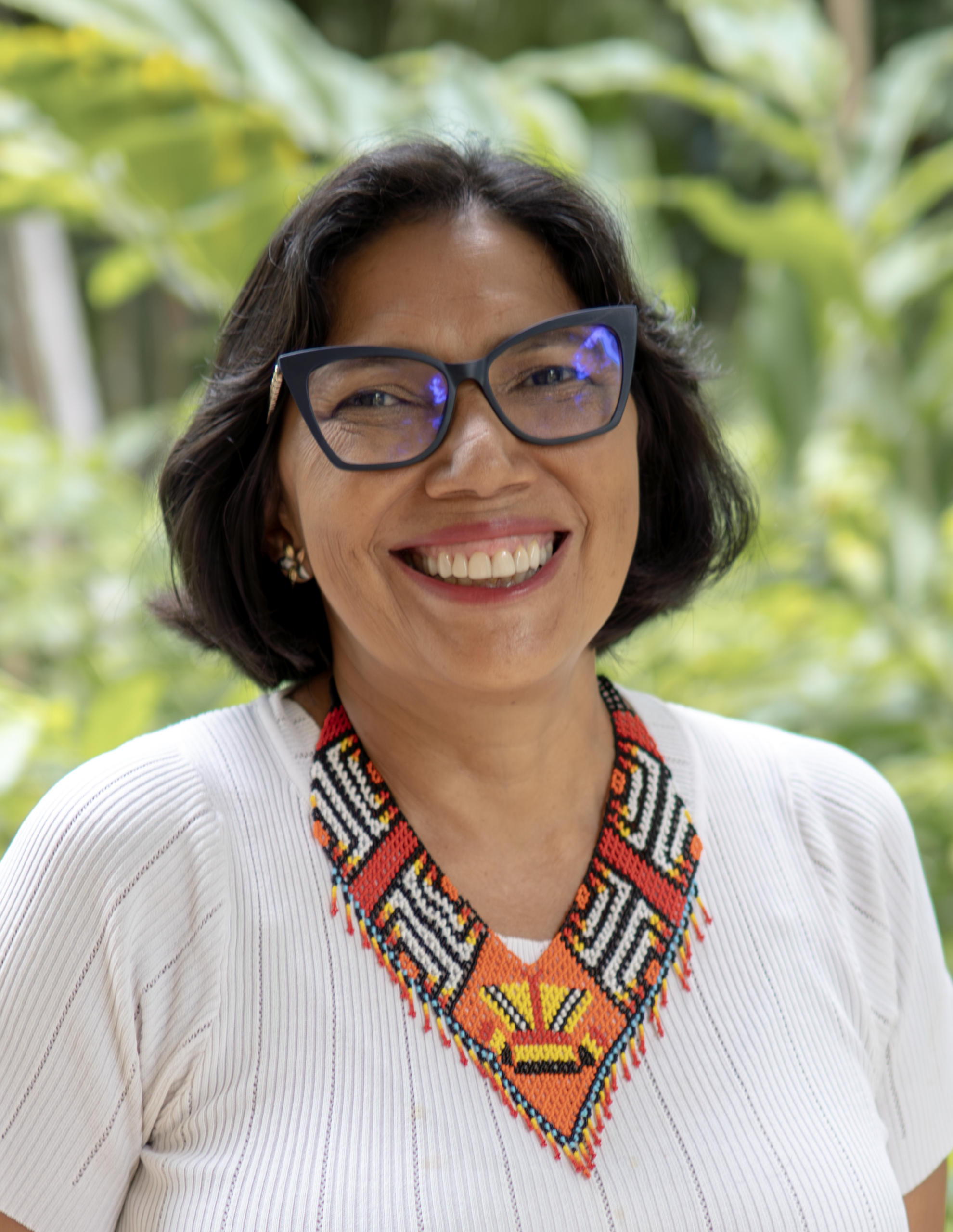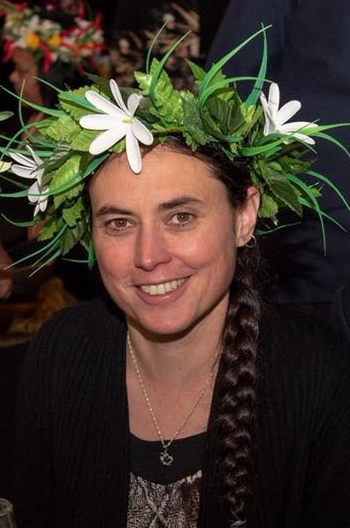LD&A 2026
Conference
Berlin, Germany & Online, 9-11 September 2026
Language documentation and archiving are key activities in the effort to preserve and support linguistic and cultural diversity globally. As new technologies emerge and evolve, new opportunities and challenges present themselves for how we record, curate, preserve, and disseminate linguistic and cultural materials. This conference invites documenters, scholars, activists, technologists, and others engaged in language documentation and archiving to present papers and posters exploring new approaches, methods, and technologies for documentation, archiving, and mobilization. We welcome critical and creative perspectives on the politics, practicalities, and possibilities for working with language documentation materials in both academic and community contexts.
Abstract submission open now, until 1 March 2026.
Authors may submit only one abstract as the first author, but they may be collaborators on more than one abstract submission. The conference will be hybrid, with both in-person and online participation.
We especially invite submissions on the following themes in language documentation and archiving:
Relationship & Collaboration
- Community-driven and Indigenous-led documentation projects
- Navigating differing expectations among community members
- Capacity-building and support for local agencies and small cultural centers
Tools & Technology
- Advances in documentary tools (remote methods, specialized software, audio/video tech)
- Use of 360 cameras, GoPros, and new audiovisual tools
- Enhancing annotation, orthography, and translation practices
- Development of digital platforms for documentation and revitalization
- Using social media and technology to promote minoritized languages
Impact & Outcomes
- Archives as models for strengthening language records
- Reports on indigenous community use of archives and materials
- Move from paper to digital, and qualitative shifts in record-keeping
- Educational and artistic initiatives using archival materials
- Sustainability: addressing carbon costs of documentation and archiving
Planning, Policy & Future
- Updating OLAC metadata and archiving standards for accessibility
- Making digital archives more navigable and engaging
- Solutions for access in low or no-internet environments
- Training sessions, capacity development, and future prospects
Artificial Intelligence: Challenges & Opportunities
- Use of AI for description, transcription, OCR, and ASR on records
- AI tools to locate and catalog language materials
- Debate over using AI for synthetic speech; ethical and legal concerns
- Calls to heed critiques like Emily Bender’s about “AI hype”
- Balancing innovation with data sovereignty and community consent
Conference Timeline
March 1, 2026
Abstract submission
deadline
April 1, 2026
June 1, 2026
Presenter registration deadline
July 1, 2026
In-person attendee registration deadline
August 1, 2026
Online attendee registration deadline
September 9-11, 2026
on Zoom
and in Berlin, Germany
Plenary Speakers

Ana Vilacy Galucio
Senior Researcher and Curator of the Linguistic Collection & Language Archive at the Emilio Goeldi Museum of Pará, Brazil. Member of the Indigenous Language Comission at the Linguistic Brazilian Association.
Language documentation in the context of language loss: case studies from the Amazon
Brazil stands out worldwide as a country with remarkable linguistic diversity, based on the number of languages spoken, but above all on the great genealogical diversity of the families represented. However, this great diversity has suffered the effects of a violent process over the centuries, giving rise to a scenario in which the vast majority of languages are endangered. In response, in recent years, the country has experienced a movement of recovery, reclamation and/or revitalisation of its native languages, led mainly by indigenous peoples with collaboration from non native researchers.
In this lecture, I will present on the interaction between language documentation, description and revitalisation, in the context of language endangerment, illustrating with some case studies from my own experience with Amazonian languages.

Dr Ake (Sally Akevai) Nicholas
Senior Lecturer in Māori Studies, The University of Auckland, Australia
Noa atu ꞌe ngarungaru te tai – tūkētūkē te au rima i tō
tereꞌanga. Ko tō tātou Vairanga Tuatua tētaꞌi.
Even though the sea is choppy you have many different hands on your journey. One is our language archive(s).
The Māori people of the so-called Cook Islands have been increasingly engaged in language revitalisation activities over the last decade. As with so many Indigenous peoples on language reclamation journeys, we have encountered many challenges along with many successes.
In this talk, I will share some of these challenges and successes, from my perspective, as a linguistic researcher working in language documentation, language technology and language revitalisation. I will focus on archiving, in a broad sense, and will travel around orthography, robots, capacity building and community participation. Alongside I will discuss various flavours of social, ethical and theoretical tension that bubble bubble toil and trouble along, in this contemporary cauldron of techno-mania and creative liberation.
Scientific Committee
-
Pius Akumbu
(CNRS Paris) -
Felix Ameka
(Leiden University) -
Aleksandre Arkhipov
(Hamburg University) -
Linda Barwick
(PARADISEC / University of Sydney, Australia) -
Steven Bird
(Charles Darwin University) -
Alexis Michaud
(CNRS) -
Mary Linn
(Smithsonian) -
Katherine Bolaños
(PDEL Foundation)
-
Ana Paula Brandão
(Federal University of Pará) -
Gabriela Caballero
(University of California, San Diego) -
Onno Crasborn
(Radboud University, Nijmegen) -
Gabriela Perez Baez
(University of Oregon) -
Patience Epps
(University of Texas at Austin) -
James Essegby
(University of Florida – Gainesville) -
Victoria Nyst
(Leiden University)
-
Jeff Good
(University of Buffalo) -
Birgit Hellwig
(University of Cologne) -
Gary Holton
(University of Hawai’i Manoa) -
Jacques Vernaudon
(University of French Polynesia) -
Ana Vilacy Galucio
(Museu Paraense Emílio Goeldi) -
Roberto Zariquiey
(Pontifical Catholic University of Peru) -
Zachary O’Hagan
(University of California, Berkeley)